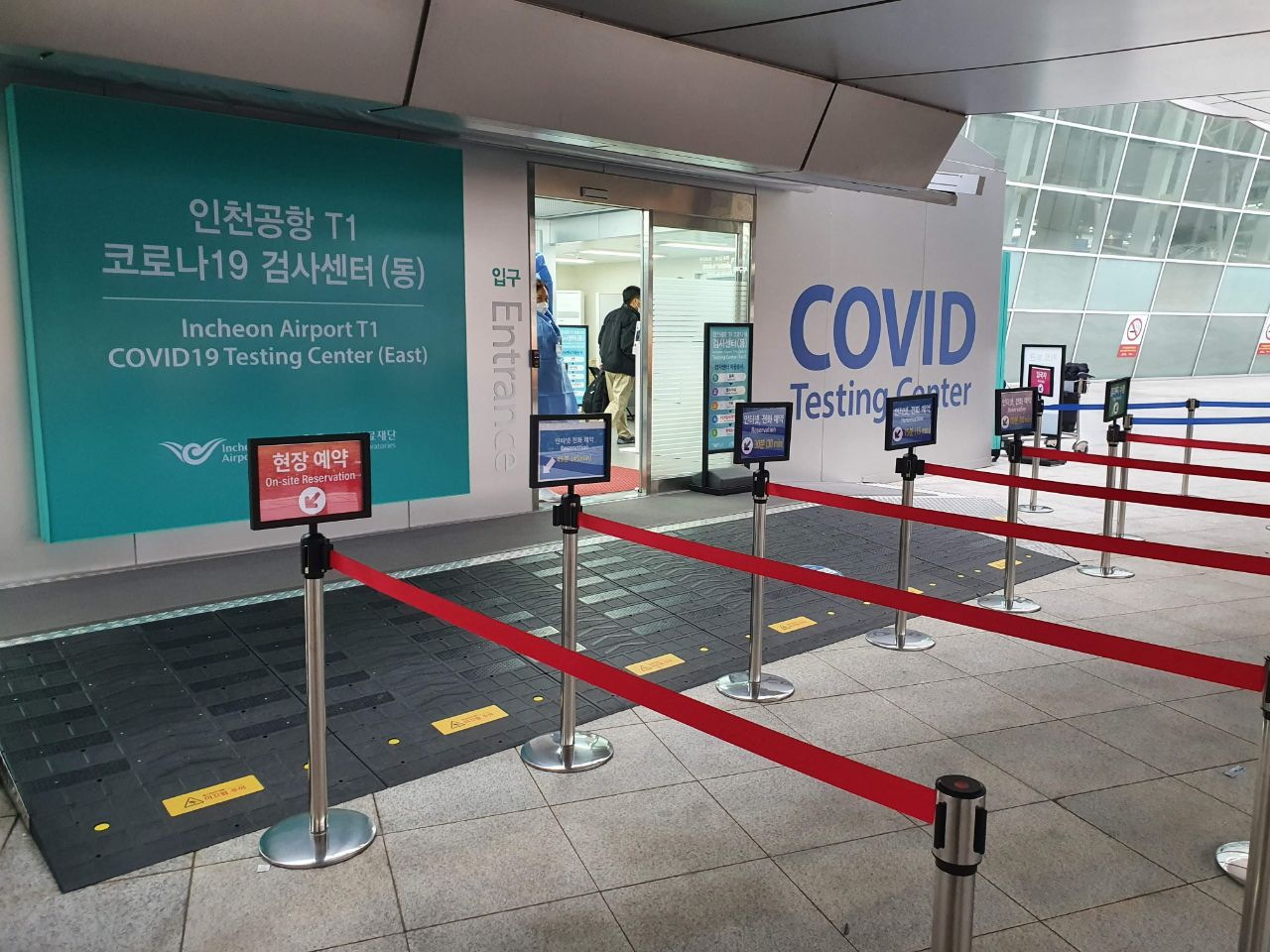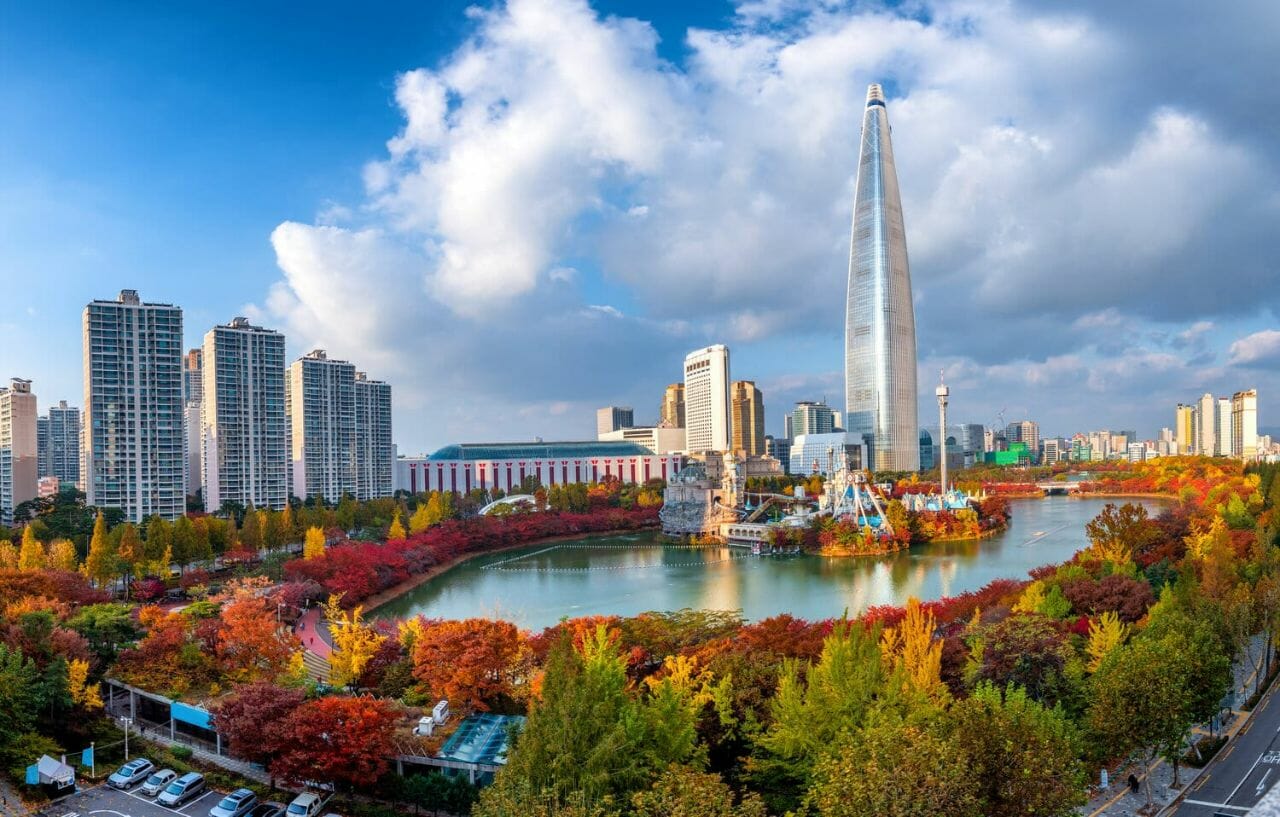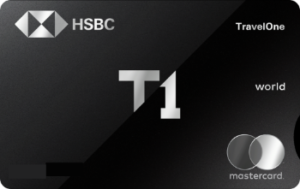South Korea has announced that it will scrap on-arrival COVID-19 testing for all inbound travellers, effective Saturday, 1 October 2022. This removes an unpleasant “what-if” scenario for would-be tourists, since a positive test result would require mandatory quarantine for at least seven days.
With pre-departure testing already removed earlier this month, this marks the end of all testing requirements for either vaccinated or unvaccinated travellers.
South Korea ends on-arrival testing

Previously, visitors to South Korea were required to take a PCR test within 24 hours of arrival, either at the airport or a medical institution near their accommodation.
Testing was at their own expense (typically ~S$80 for Seoul), and individuals were “encouraged” to isolate while waiting for the results.
From 1 October 2022, on-arrival testing will no longer be required. Individuals who develop symptoms within three days of arrival can undergo a free PCR test at public health centres across the country.
This is a great development, insofar as it removes one of the biggest wildcards for international visitors: testing positive on arrival. A positive result would require a 7-day quarantine; hardly the best way to start a trip.
Here’s a summary of the updated travel requirements to South Korea.
| 🇰🇷 Summary: Travel to South Korea (from 1 Oct 2022) |
|
Singaporeans and nationals of other visa-waiver countries will still be required to apply for a K-ETA. APEC cardholders with KOR on the back of their card are exempt from the K-ETA requirement.
The K-ETA has an application fee of 10,000 KRW (~S$10), and is valid for multiple entries over a two year period. Singaporeans with a K-ETA can stay in South Korea for up to 90 days, and it’s recommended to apply at least 72 hours before travel.
The Q-Code portal will still be in place for the collection of a health declaration and contact information. Completing Q-Code registration is optional, but it enables faster immigration processing on arrival.
If you’ve bookmarked the South Korea embassy’s guide for Singapore-South Korea travel, do note that it has yet to be updated at the time of writing to reflect these latest developments.
Conclusion

When South Korea first reopened to Singaporeans under the Vaccinated Travel Lane, travellers were required to do as many as five PCR tests, which could easily cost in excess of S$650 per person.
From 1 October 2022, travel will be completely testing-free, regardless of vaccination status. Not only will this result in further cost savings, it’ll remove the concern that travellers may have about testing positive on arrival.
We’ve certainly come a long way!






Good news indeed!
We booked our trip months ago expecting this to happen, and we’re so glad the gamble has paid off. We’re elated to say the least.
Don’t understand this Q-code requirement. The article says it is optional. So if an arriving tourist don’t have it, what happens? Is there some manual form you have to fill in?
They were basically forced on their hand with Japan abruptly deciding to remove all hurdles. Taiwan ART test days are numbered as well. Its no longer science based, its more peer pressure.